Discussing in the hall about some contents with different opinions of the draft Law on Real Estate Business (amended) on the morning of October 31, the content on principles of business of housing and construction works formed in the future (Article 23) received the attention of National Assembly deputies.
Commenting on deposits in housing business and future construction projects, delegate Tran Hong Nguyen ( Binh Thuan delegation) expressed agreement with option 1 and the arguments stated in the acceptance and explanation report.
Accordingly, this option is less risky for customers, who are the weaker party in real estate transactions because the deposit is only made when the real estate is qualified for business and the two parties have officially signed a contract, limiting the occurrence of disputes.
The delegates found that the time to collect the deposit right from when the project has a basic design appraised by a State agency and the investor has one of the documents on land use rights as shown in option two will lead to a very long time from receiving the deposit to actually implementing the project, causing more risks for customers.
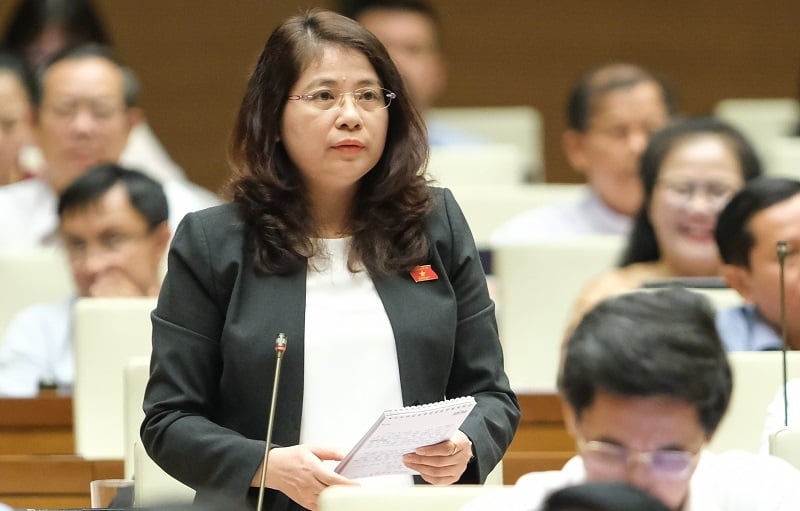
Delegate Tran Hong Nguyen, Binh Thuan delegation.
Meanwhile, the real estate market has recently had many complicated developments, with investors of real estate projects still taking advantage of deposits and capital contribution contracts to arbitrarily mobilize capital, causing insecurity and disorder.
"In reality, many projects have not been implemented after 5 years, even 10 years of receiving deposits. Therefore, there needs to be regulations to control more strictly to limit this situation from happening...", delegate Nguyen commented.
Regarding the provisions in Clause 5, Article 23 of the draft Law, delegate Nguyen Dai Thang ( Hung Yen delegation) chose option 2.
According to the delegate, this is a plan that clearly stipulates in which cases the investor is allowed to collect deposits according to the agreement with the customer, clearly stipulates the content of the deposit agreement, the deposit amount to ensure publicity, transparency, protect the rights and legitimate interests of organizations and individuals who have signed contracts to buy, rent, or purchase houses and construction works, and limit the real estate business enterprises from receiving deposits as a capital mobilization channel.
Mr. Thang requested the drafting agency to study and consider clearly deciding on the conditions for housing and construction works to be formed in the future.
At the same time, the delegates proposed a decision to allow investors to sell future housing for construction projects that have met the conditions of having approved designs for major and essential infrastructure projects that have been completed on schedule. At the same time, clarify the content of "requirement to complete corresponding to the project's progress".
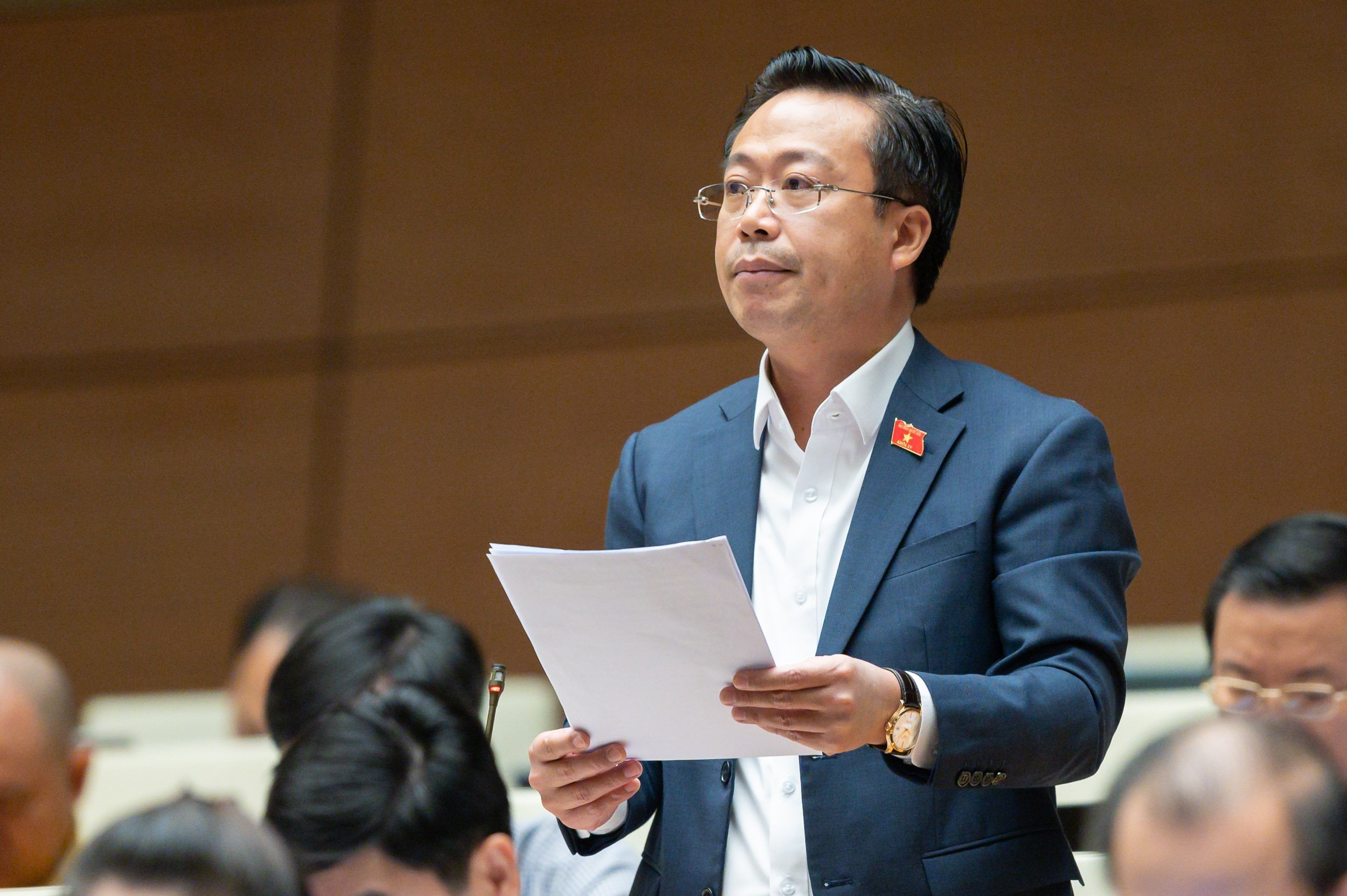
Delegate Nguyen Dai Thang, Hung Yen delegation.
Participating in giving opinions, delegate Nguyen Thi Viet Nga ( Hai Duong delegation) said that, for Article 23, it is necessary to stipulate according to the plan that allows real estate project investors to only collect deposits according to the agreement with customers when the project has a basic design and is appraised by a state agency, and the investor has one of the documents on land use rights.
According to the delegate, such regulations will create conditions for businesses and investors to develop more, especially in the context of real estate businesses facing many difficulties. Project investment requires a large amount of capital, allowing investors to collect deposits early will help investors have more capital to reinvest, contributing to increasing opportunities and attracting potential customers.
"Although this regulation may pose more risks to customers, the delegate emphasized that this needs to be overcome by tightening management and enhancing the responsibility of competent State management agencies. Especially, right from the initial stage of reviewing and selecting investors, to ensure the capacity and ability of investors to implement the project," said Ms. Nga.
According to Ms. Nga, limiting risks like option 1 by only allowing real estate project investors to collect deposits when houses and construction works are qualified to be put into business will limit business opportunities, going against the encouragement and creating mechanisms for businesses to develop.
In the Report on explanation, acceptance and revision of the draft Law on Real Estate Business (amended), regarding the principles of housing business and future construction works (Article 23), the Standing Committee of the National Assembly proposed 2 options:
Option 1: “Real estate project investors are only allowed to collect deposits from customers when the houses and construction works have met all the conditions for being put into business and have conducted transactions in accordance with the provisions of this Law.”
Option 2: “Real estate project investors are only allowed to collect deposits according to the agreement with customers when the project has a basic design appraised by a state agency and the investor has one of the documents on land use rights specified in Clause 2, Article 24 of this Law. The deposit agreement must clearly state the selling price, lease-purchase price of the house, construction work. The maximum deposit amount is according to Government regulations but does not exceed 10% of the selling price, lease-purchase price of the house, construction work, ensuring compliance with the socio-economic development conditions in each period and each type of real estate” .
Source





![[Photo] Prime Minister Pham Minh Chinh receives President of Cuba's Latin American News Agency](/_next/image?url=https%3A%2F%2Fvphoto.vietnam.vn%2Fthumb%2F1200x675%2Fvietnam%2Fresource%2FIMAGE%2F2025%2F12%2F01%2F1764569497815_dsc-2890-jpg.webp&w=3840&q=75)





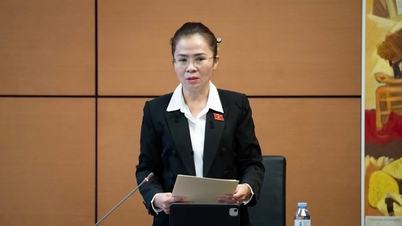



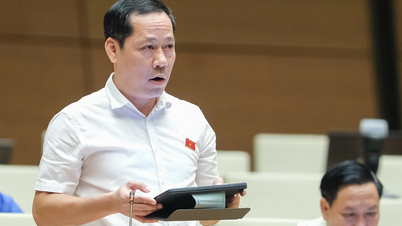


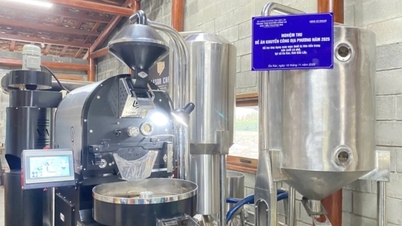

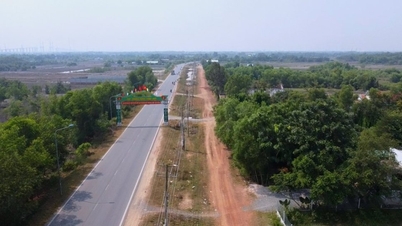

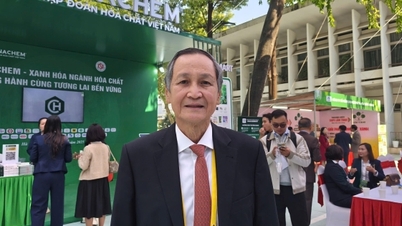


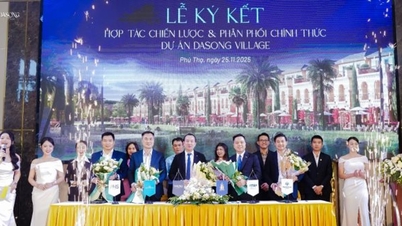




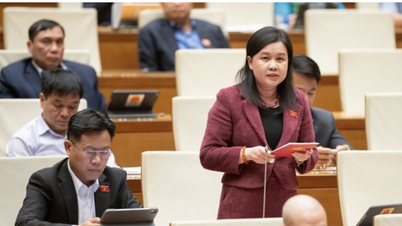
















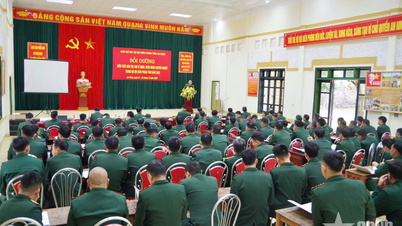













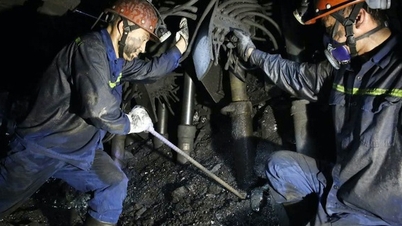

















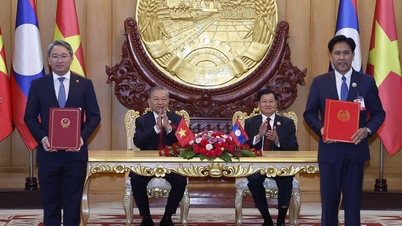
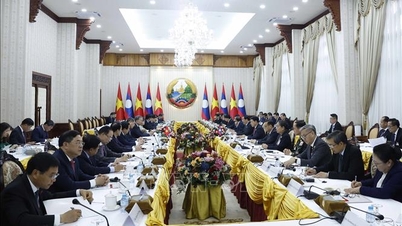



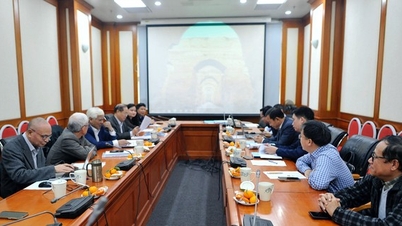
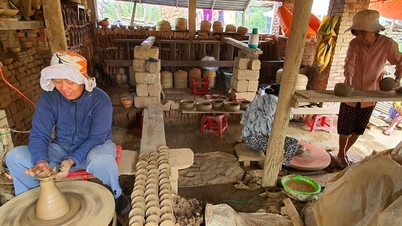

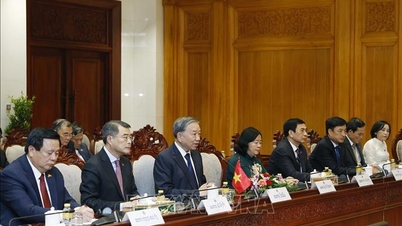






















Comment (0)